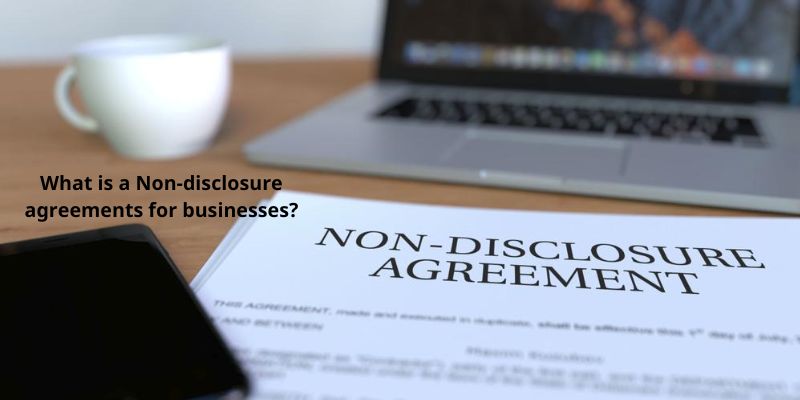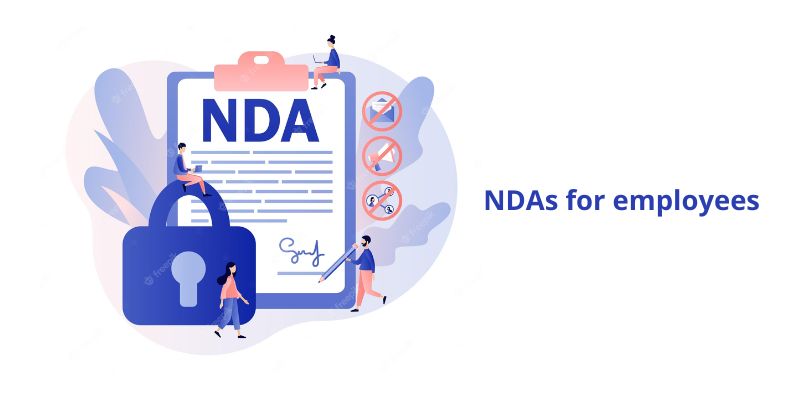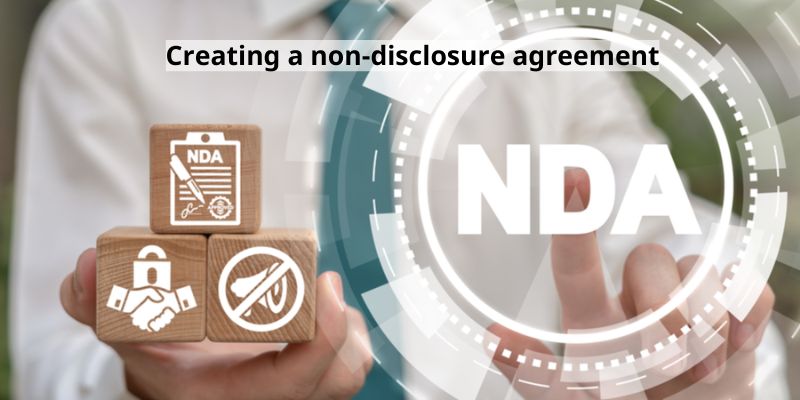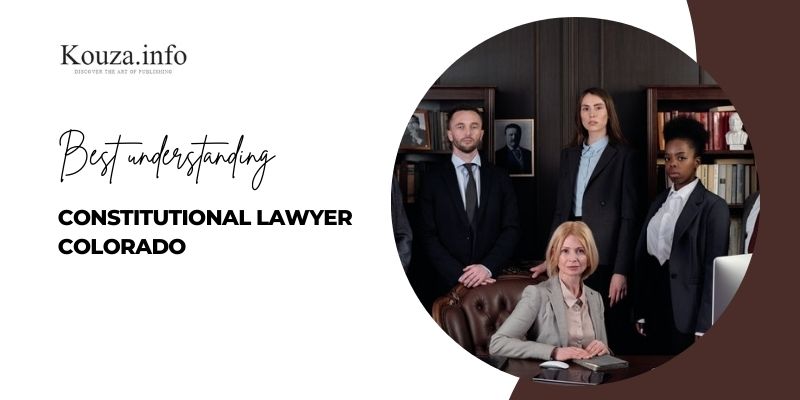Best aware of Non-disclosure agreements for businesses

When developing your ideas, take into account secrecy before contacting another organization or person.A non-disclosure agreement (NDA) is a contract that forbids one party from disclosing information that the other party and you have exchanged for a particular reason. Here is an article about Best aware of Non-disclosure agreements for businesses by kouza.info, let’s explore with us
What is a Non-disclosure agreements for businesses?
A non-disclosure agreement (NDA), usually referred to as a confidentiality agreement, is a cheap approach to safeguard your company’s intellectual property.
A legally binding agreement between you and another party is an Non-disclosure agreements for businesses. Typically, you agree to provide them access to information for a certain reason, and in exchange, they commit not to share that information with anybody else. By doing this, you can tell your business partners about your trade secrets without worrying about their telling anybody else.

For instance, you could have developed a product design and want a manufacturer’s estimate of the cost to produce it. An Non-disclosure agreements for businesses can help you make sure that your partner doesn’t tell one of your competitors about your concept.
These agreements can also be used to share “sneak previews” of financial, technical, or new product information with your staff and media.
NDAs can cover:
- trade secrets, such as a method, software, or procedure
- technical drawings and designs
- business plans
- mathematical and chemical formulae
- customer and prospect lists
- When information is not already known to the general public, it qualifies as a trade secret or confidential. It only has value while it is kept private or confidential.
Think carefully about NDAs with government entities. The Freedom of Information (Scotland) Act 2002 allows for the disclosure of any information you could supply. Anyone now has the ability to access information that is stored by public bodies.
Prior to meeting with possible business partners, have a clear notion of what you want to say and adhere to it. By doing this, the chance of confidentiality breaches is reduced.
Types of non-disclosure agreement
NDAs for employees
The majority of confidentiality violations are committed by current and former workers. Employees have an implied obligation to refrain from using trade secrets in ways that would hurt your company. The best course of action is to have this in writing and make clear to the employee what information is secret. Additionally, you must make sure that the NDA has provisions for the employee’s departure from your company.

Other types of NDAs
For mergers and acquisitions, a confidentiality agreement precedent is employed. A potential buyer of your firm will want to review your financial records and assets. If the potential buyer backs out of the contract, an NDA might offer some protection for your personal information and trade secrets.
You can still employ an Non-disclosure agreements for businesses if you are unsure of the specific details of the information you will need to reveal throughout a business engagement. Any material that will be shared later should be marked as private to ensure that the Non-disclosure agreements for businesses is still in effect.
One-way and two-way NDAs
When just one company is disclosing information and the other has agreed to keep it private, a one-way NDA is employed.
When two firms are communicating sensitive information and want to ensure that neither would reveal their trade secrets, they utilize a two-way Non-disclosure agreements for businesses.
Creating a non-disclosure agreement
With non-disclosure agreements (NDAs) it is a good idea to specify:
- how to utilize the information
- any limitations on how the information will be used, such as prohibiting the receiver from creating copies
- that any patents, copyrights, or other intellectual property rights belong to the owner.
The key clauses will ben detailing:
- prevention against copying or holding onto sensitive information
- protection from the release of information that isn’t already in the public domain
- a remedy, such as compensation, for any agreement violation
Make sure the data you want to keep private cannot be interpreted as being in the public domain. Your product, an idea, or your writing about it will no longer be deemed secret if you demonstrate it or share it with someone.
Asking public entities if they have an Non-disclosure agreements for businesses or confidentiality agreement that complies with the Act’s requirements is a good idea. Please refer to the Scottish Government’s here-issued guidelines for further details on this topic.

You may purchase pre-made non-disclosure agreement (NDA) templates and modify them to suit your requirements. The cost is low, and you may use the same template again.
An NDA with flaws, such as vague definitions, won’t offer enough security for you or your company. For further security, you can think about having a lawyer draft a personalized confidentiality agreement.
In the event that legal action is taken for a violation of confidence, you should physically protect your personal information. If you didn’t take reasonable precautions to secure the information, the courts could be reluctant to accept it as confidential.
Such measures could include:
- locking up sensitive information
- restricting the amount of individuals that have access to the data
- making sure your IT security systems are current
A corporate policy on the use and disclosure of sensitive information is also beneficial.
kouza.info hope you will collect useful and necessary knowledge through the above article: non-disclosure agreements for businesses.
Conclusion: So above is the Best aware of Non-disclosure agreements for businesses article. Hopefully with this article you can help you in life, always follow and read our good articles on the website: kouza.info



